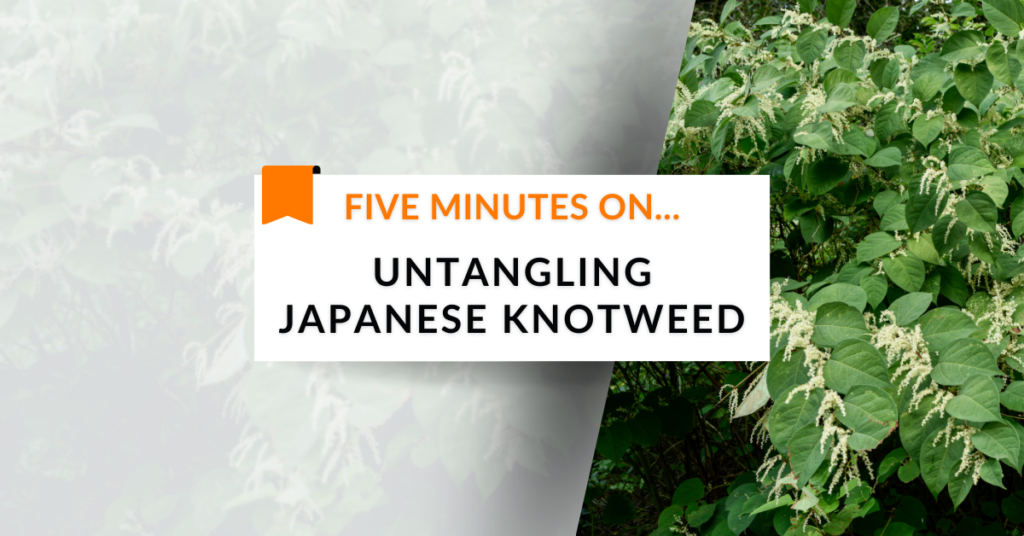
Japanese knotweed is a rare but all-too-real challenge to the conveyancing process. And, as spring has now sprung and this problematic weed enters the fast-growing season, it’s worth conveyancing professionals’ time to ensure they’re up to date and fully informed about the latest guidance.
We’ve put together a five-minute read to help you keep the conveyancing process on track and prevent you and your customers from getting tangled up in Japanese knotweed confusion:
1. What is Japanese knotweed?
- Japanese knotweed is a fast-growing, invasive rhizome plant with deep, strong, and notoriously destructive roots
- It affects around 5% of UK properties
- It typically requires costly, specialist removal when detected
2. Why does it matter to the conveyancing process?
- Japanese knotweed is mentioned in the TA6 property information form that property sellers must complete
- The presence of Japanese knotweed on or near a property tends to cause panic, not only because it requires specialist removal, but also because homeowners can be fined if they fail to contain and safely dispose of it
- This can lead to additional queries in the conveyancing process, problems with mortgage applications and in many cases, a complete change of heart on the part of the buyer
3. What’s new in RICS and Law Society guidance?
- RICS has recently published new guidance which abolishes the 7-metre rule used by valuers to assess risk and which proposes a ‘more nuanced’ view of the problem
- As a result, valuers and surveyors are likely to advocate careful management, rather than complete eradication, of the weed
- Nevertheless, the TA6 form has been updated to require sellers to declare with absolute certainty whether Japanese knotweed is present or not – and in the case of a ‘no’ response, will be held liable on that basis
4. What does that mean for my customers?
- It’s incumbent on conveyancing professionals to ensure that their customers fully understand the TA6 update and their liability regarding their declaration on Japanese knotweed
- There are, however, specialist indemnity products available via our OneSearch order portal to mitigate future claims risk, such as CLS PI.
5. How can I learn more?
- We ran a webinar – Japanese Knotweed and its Impact on the Conveyancing Process, which can be viewed here
Related Articles
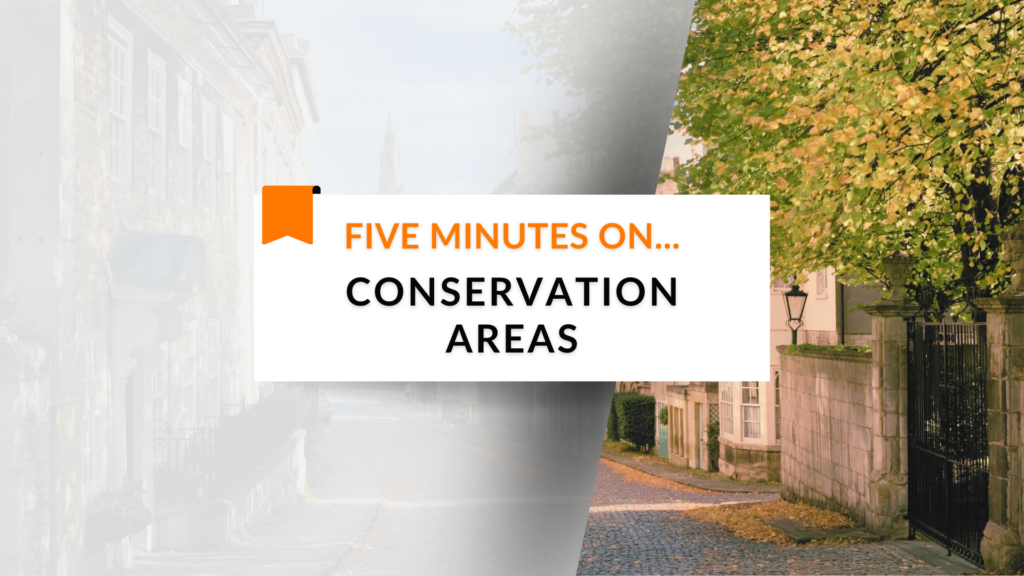
Five minutes on… Conservation Areas
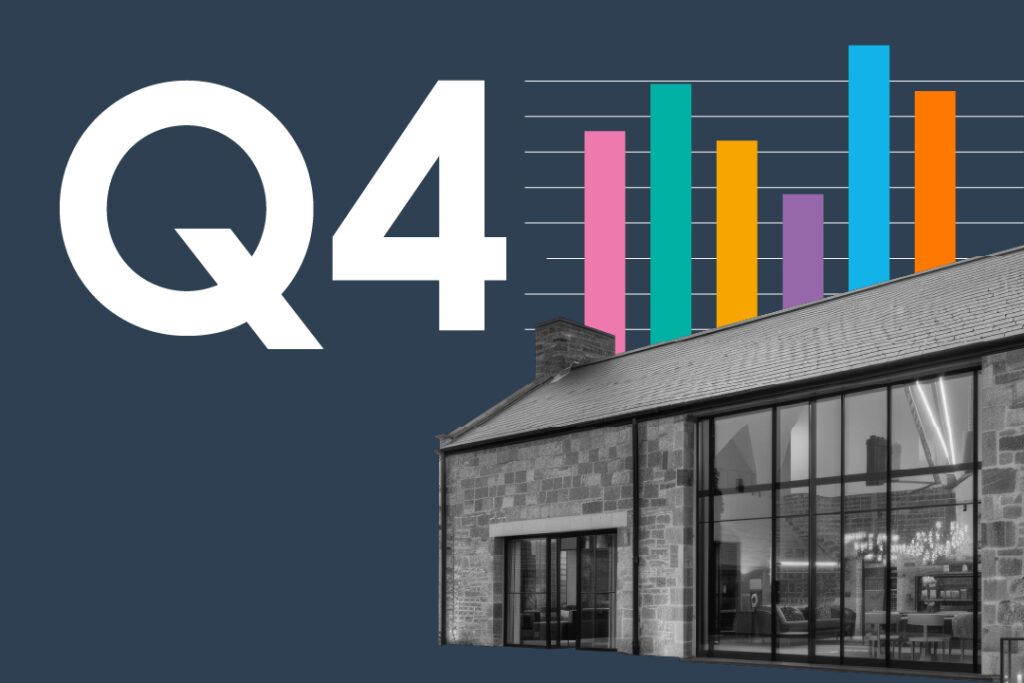
Landmark Residential Property Trends Report Q4 ‘25 – January 2026

A Year of Connections: OneSearch and PropertyFace2Face

Paving the way for smarter residential conveyancing in 2026
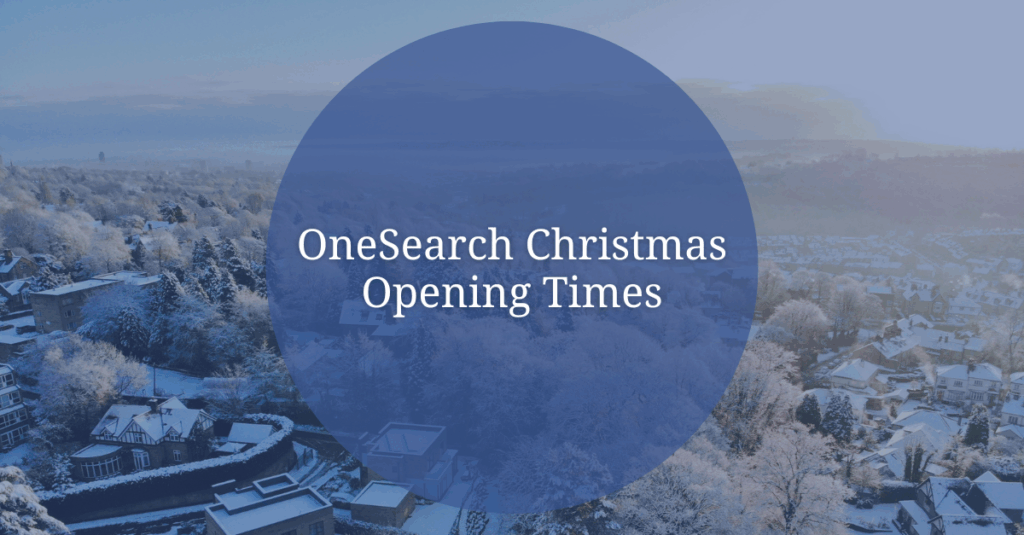
OneSearch Christmas Opening Times

The Real Cost of Missing Data Pieces (…And How Our Triple Check Fixes It)

Green fields, hidden risks: Why the SiteSolutions Farm report is vital for rural land buyers
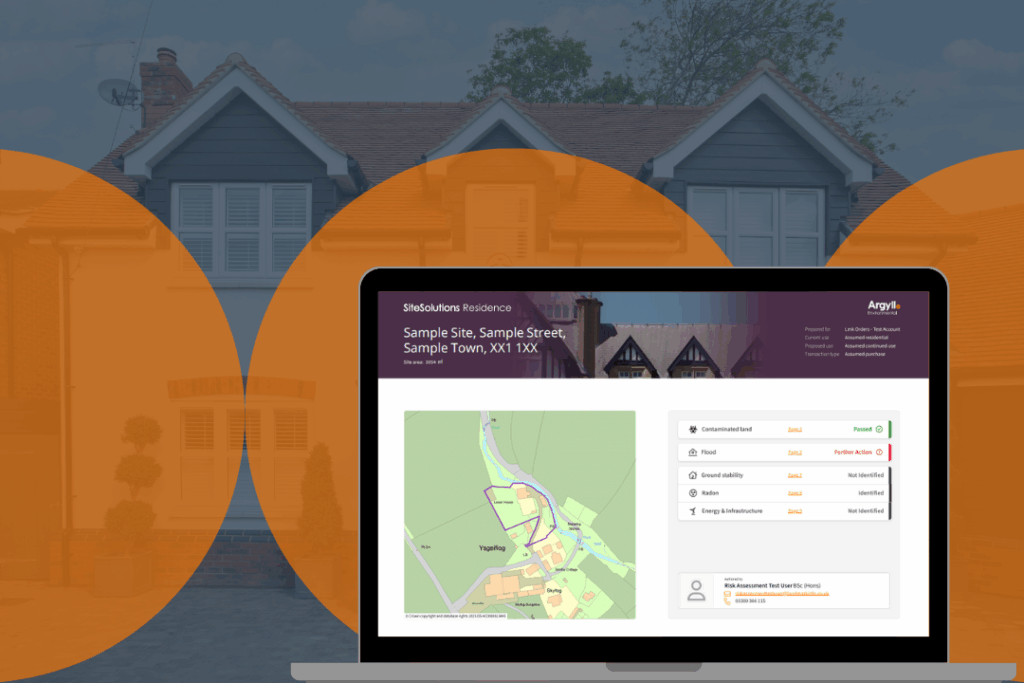
The SiteSolutions Residence report: Your key to a safer, smarter property purchase

7 reasons conveyancers choose OneSearch Prime

